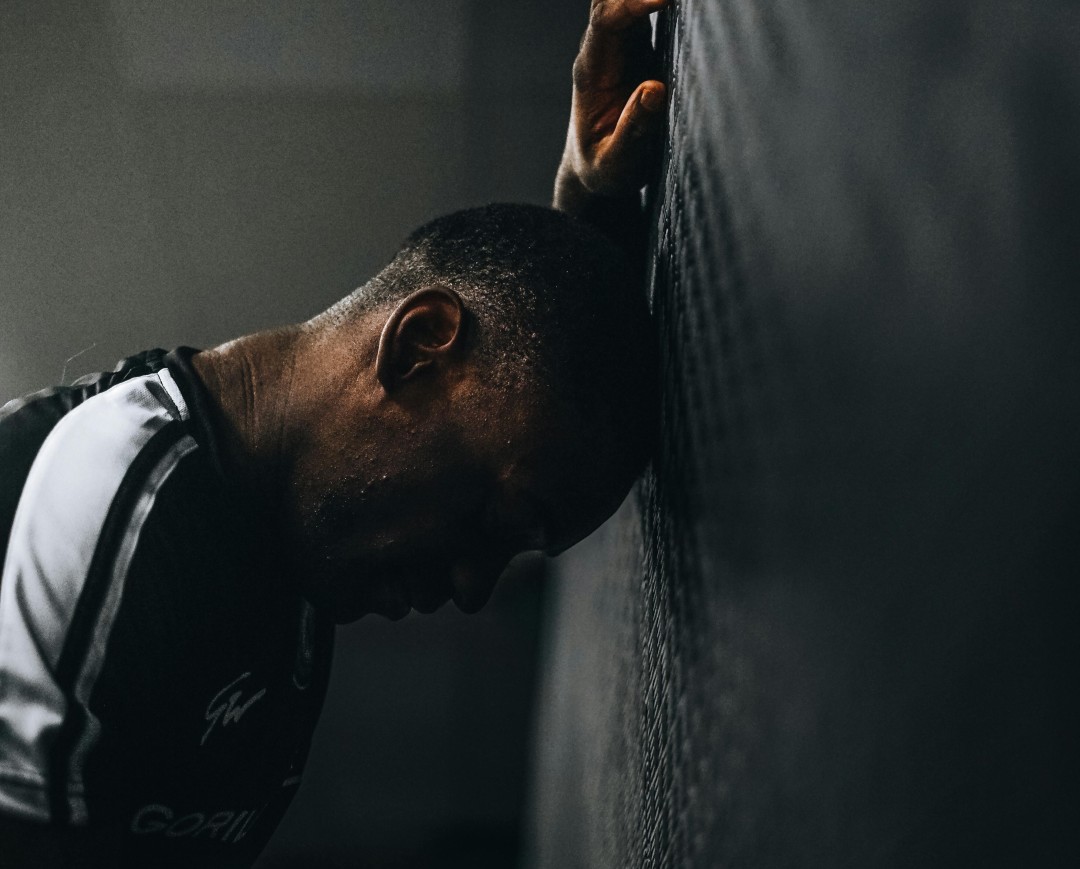A Winning Mindset Changes Everything

Currently, having worked with athletes at SPMI for over 14 years I have seen one particular mental attribute that stands out alone, mindset. An athlete’s mindset single handedly can determine the outcome of a competition. This is most apparent in moments of opposition when an athlete finds themself in an undesirable situation. There are two distinct types of mindsets that athletes fall under.
The first mindset is called the scarcity mindset. This is a mindset when an athlete feels like they are lacking in the moment. Here you will often notice an athlete complaining or panicking. The athlete may start talking to him or herself and at worst, tanking the competition altogether. What occurred in this situation is that the athlete truly believed that they were missing something in that moment to salvage the situation.
Some of the examples of what I have experienced throughout the years working with athletes are when athletes convince themselves that their opponent is too good. Another example is when athletes talk themselves into believing that they are not ready or that they have lost something in their performance. Other examples focus on complete uncontrollables and topics of immorality such as an opponent or team cheating.
Regardless of how true or false these beliefs are, they never leave the athlete in a better mental state than before. The scarcity mindset only perpetuates and propagates anxiety and fear. I have never worked with an athlete in my career who has performed better when these two components are present at high levels. Some athletes even use the scarcity mindset as a defense mechanism towards their own ego. Utilizing it as an excuse after underperforming. Stating comments such as, “I would’ve won if she didn’t cheat” or “He just has more experience than me.”
Although these situations may in fact hold some truth, once again they are not helpful in developing true growth in one’s sport. The far better option for the athlete is to push through the tough times even if it means falling short in the end. This decision is a proven recipe for future success in the sport. Yes, the ego may take a small hit in the beginning, losing after giving your all, but the learning experience is invaluable to the athlete’s future self. But how does an athlete get to this place? Let’s discuss the second type of mindset.
The second mindset is called the abundance mindset. This mindset is one found amongst the best athletes I have ever worked with and one that we work hard on developing into every athlete at SPMI. The abundance mindset is when the athlete truly believes that they have a surplus of resources and abilities at their disposal in the moment. This mindset is highly durable and never waivers no matter the dynamics of competition and practice.
The inverse to scarcity, abundance mindset athletes are consistently reminding themselves of why they belong. They focus on the positives and even take negative situations and find creative ways to see them as helpful. Athletes with the abundance mindset are highly solution focused. This means that throughout tough times they ponder and even journal what they’ve learned from difficult experiences.
In addition, athletes with an abundance mindset are highly curious about upcoming situations as opposed to the scarcity mindset where athletes are deterministic towards them. Curiosity allows athletes to remain present at all times and frees their mind from any imaginary threat. Whereas athletes who are deterministic have already decided that a major threat is present and most likely will lead to their performance demise.
The abundance mindset opens the doors for athletes to fully commit to the present fearlessly. The deterministic nature of the scarcity mindset restricts the athlete due to a fear based approach to every moment of the competition. What excites me the most when working with athletes and helping them develop this abundance mindset is seeing the transformation from fear and anxiety to self-confidence and joy in their sport. Athletes who focus on the glass half full wake up everyday with an increase in peace and purpose. There is a level of reassurance that they carry with themselves no matter what the recent setback may be.
Practicing the abundance mindset also leads to betterment pervasively in athletes lives. Whether in school or socially with friends and colleagues, athletes who develop an abundance mindset develop more leadership qualities which greatly separate them from the scarcity mindset where a majority of scarcity mindset athletes have developed dependency issues with those around them and panic when they feel a loss of control in their lives.
Examples of an abundance mindset is a higher sense of acknowledgement and even gratitude towards the little things. Athletes thanking themselves for their hard work and encouraging themselves to push through their struggles and failures. In competition you may hear an athlete say things such as you, “You got this” or “Keep going!” These small statements go a long way as what we hear on the outside is a glimpse of what is going on inside of the athlete’s mind.
Overall, understanding which mindset you may be using as an athlete is only the beginning. The next step is to get to work on developing an abundance mindset. This area of your performance will unlock potential that you know is in there but you’ve yet to really see in competition.
To learn about how you can develop a world-class mindset and more please reach out to SPMI by scheduling a free 15-minute consultation at the link below or call us direct at 786.350.1554
